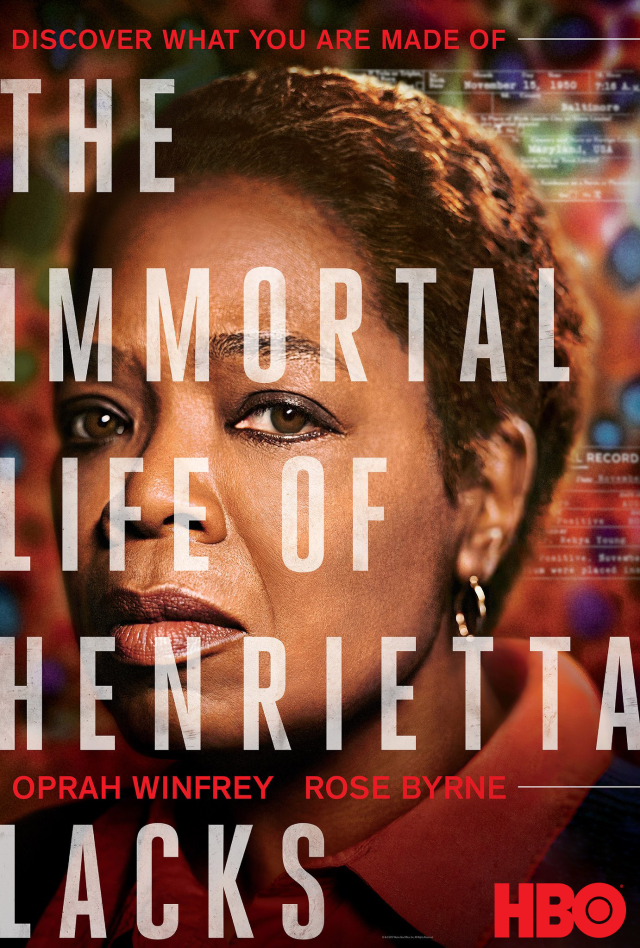The Immortal Life of Henrietta Lacks

In 2010, Rebecca Skloot published The Immortal Life of Henrietta Lacks, a compelling look at Henrietta Lacks’ story, her impact on medical science, and important bioethical issues. That book became the basis for the HBO/Harpo film by the same name, which was released in April 2017.
Henrietta Lacks was one of a diverse group of patients who unknowingly donated cells at Hopkins in 1951. The donation of Henrietta Lacks' cells began what was the first, and, for many years, the only human cell line able to reproduce indefinitely.
Her cells, known as HeLa cells for Henrietta Lacks, remain a remarkably durable and prolific line of cells used in research around the world. This guide addresses several important health care, research and ethical themes addressed in the book and in the movie.
Johns Hopkins applauds and regularly participates in efforts to raise awareness of the life and story of Henrietta Lacks. We were proud to support the book research and development of the film by providing full access to the Hopkins archives and granting permission to HBO to film several scenes for the movie on the Hopkins campus.
The publication of Skloot’s book led Johns Hopkins to review our interactions with Henrietta Lacks and with the Lacks family over more than 50 years. At several points across those decades, we found that Johns Hopkins could have — and should have — done more to inform and work with members of Henrietta Lacks’ family out of respect for them, their privacy and their personal interests.
We are deeply committed to the ongoing efforts at our institutions and elsewhere to honor the contributions of Henrietta Lacks and to ensure the appropriate protection and care of the Lacks family’s medical information.
